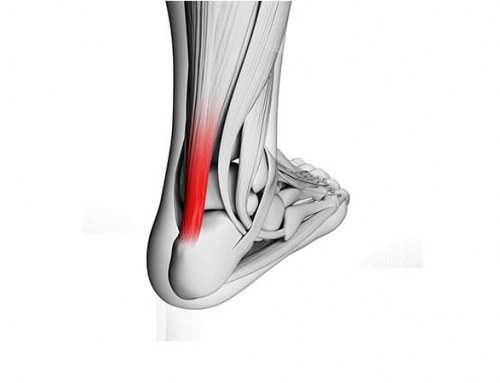Motor Neuron Disease(MND)/Amyotrophic Lateral Sclerosis(ALS)
Motor neuron disease (MND) as it is known in Australia or Amyotrophic Lateral Sclerosis (ALS) as it is known in other countries like USA is a debilitating disease which can affect both adults and children. It has recently become globally recognised due to the awareness brought by the “ice bucket challenge” circulating on facebook.
I have previously treated patients with this disorder and am so greatfull that it has become more public as any aid to research here will be extremely helpful for what is a dreadful and catastrophic condition. I will never forget my own experience with a fit young father of 2 young children whom I treated for sporting related injuries being diagnosed with this condition after some unexplained tingling and weakness in his hands. In a period of 9 months he went from a person who was physically active, highly successfull in his profession and a great father to a wheelchair bound totally dependent patient who needed assistance with feeding, bathing and all mobility. He required physiotherapy 3x per week and family assistance with keeping his limbs moving all other days. He unfortuately passed away 18 months after diagnosis. I therefore write this article to help others, including those who have been involved with the “icebucket challenge” understand more of this disease and hopefully we can help raise more awareness and money to help treat and possibly cure this disease.
MND is characterised by nerve degeneration of both upper motor neurons (brain and brain stem nerves) and lower motor neurons (nerves supplying the arms, legs, face and throat). The affects of this is catastrophic for those people suffering. A progressive weakness to arms and legs as well as facial muscles is typical, making mobility (walking), independent use of arms and hands, facial expressions, chewing, swollowing and eventually breathing increasingly difficult or impossible. People suffering MND normally suffer muscle twitching, muscle stiffness (spasticity), slurred speach and extreme weakness, all progressively worsening through the course of the disease.
Other than children that are normally affected very early in their lives, the disease affects men more than women and usually onset is just after 40 years old. The progression of the disease is different per individual, but normally death from onset is at 3-5 years.
The actual cause is not yet known and hence reasearch is continuing in this area.
Treatment attempts are normally aimed from a pharmacological point trying to relieve symptoms associated with the disease, but are unable to change the pathological process. Multidisciplinary teams with Physiotherapy, Speach Pathology, Occuational Therapy and Social work is generally implemented in countries where these services are readily accessible. The real issue is that we have no way of changing this disease process!!
If you would like to know more about MND or even donate some money go to www.mndassociation.org
There are very clever people working on a cure to this disease and money always helps!!
Article written by Mark Mitchell




